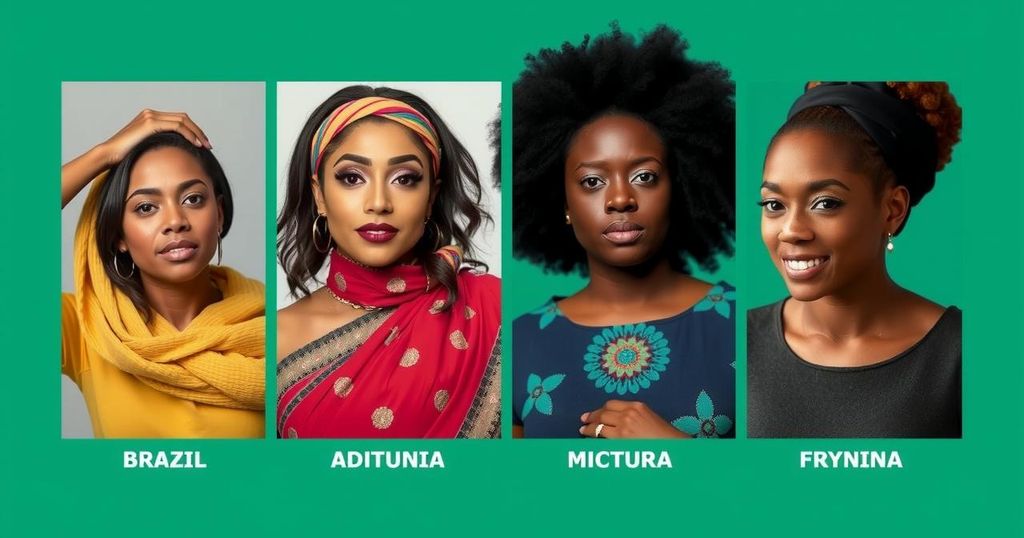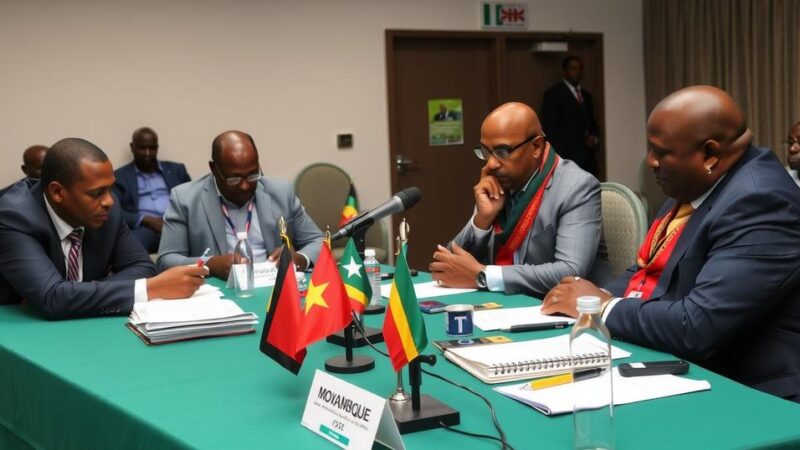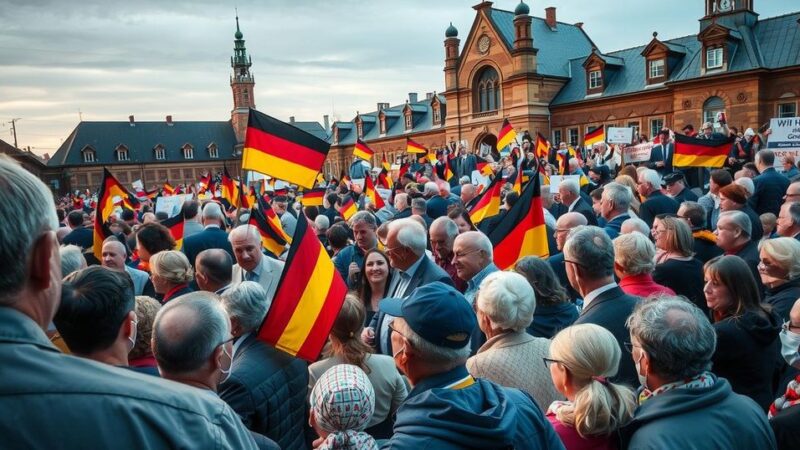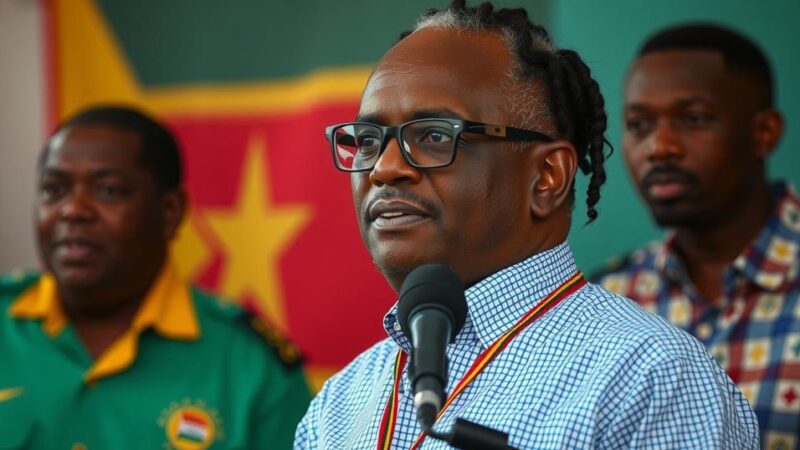During Brazil’s municipal elections, journalists, particularly women and minorities, faced a surge of attacks, primarily online. The CDJor report highlights that female journalists were disproportionately targeted, revealing a troubling trend of misogyny and racism in media interactions. Prominent journalists, such as Juliana Dal Piva, recount severe harassment, emphasizing the need for stronger protections for press freedom and accountability for aggressors.
During Brazil’s recent municipal elections, a significant number of attacks targeted journalists, particularly women and individuals from minority groups. According to a report by the Coalition in Defense of Journalism (CDJor), the hostility observed between August 15, when the campaign commenced, and October 27, demonstrated a troubling trend of violence in both online and offline arenas. Female journalists faced the brunt of these attacks, emphasizing a culture of contempt towards media professionals and minority groups in Brazil.
Cristina Zahar from the Committee to Protect Journalists noted the deeply rooted misogyny present in Brazilian society, suggesting that increased visibility and empowerment of women in public spaces often provoke adverse reactions. The elections, which determined mayors, vice mayors, and city councilors, resulted in a stark rightward shift, even as former president Jair Bolsonaro’s administration had ended in 2022.
Moreover, the report highlighted racial discrimination affecting Black journalists who experienced considerable racism while reporting on political matters. For instance, Pedro Borges became the target of racially charged attacks after interviewing a far-right candidate. Zahar expressed concern that such harassment strips journalists of their identity and professionalism.
The CDJor report further states that female journalists frequently endure demeaning comments regarding their appearance and are often subjected to name-calling. On platforms like Instagram, a staggering two-thirds of the recorded attacks were aimed at women, illustrating a profound disparity in treatment based on gender.
Juliana Dal Piva, an investigative journalist, recounted her experiences of harassment following her investigative work against Bolsonaro during his presidency. After revealing critical information about his leadership, she faced legal harassment and a torrent of online abuse, particularly following the dissemination of a manipulated image linking her to accusations involving Bolsonaro. “The people around Bolsonaro felt they had to destroy me in some way,” Dal Piva asserted.
Despite the conclusion of Bolsonaro’s presidency, the prevailing environment continues to be hostile towards journalists, creating a significant barrier to free expression. As Zahar articulated, “since Bolsonaro, a red line has been crossed for the relationship between the presidency and the press,” which presents ongoing challenges for media professionals.
To address this alarming situation, the CDJor report urges Brazilian authorities to enact stronger protections for journalists, hold perpetrators accountable for their actions, and revise unjust judicial practices. It further calls upon online platforms to develop more effective strategies to mitigate online harassment.
The 2022 Brazilian municipal elections were marked by heightened tensions and attacks targeted at journalists, especially women and minorities. The CDJor conducted a comprehensive analysis of these attacks, revealing a grave escalation in hostility that coincided with the electoral period. The report underscores that discrimination against female journalists is steeped in the country’s patriarchal culture, where women face unique challenges when entering public spheres. Additionally, the challenges faced by Black journalists are exacerbated by systemic racism, further complicating the landscape of media freedom in Brazil. Despite the ousting of Jair Bolsonaro, the political climate remains fraught, raising urgent concerns for press safety and freedom of expression.
The attack patterns against journalists during Brazil’s municipal elections demonstrate a disturbing rise in both misogyny and racism within the media landscape. The CDJor report emphasizes the urgent need for protective measures for journalists and the accountability of aggressors to foster a healthier environment for free expression. The underlying cultural challenges make it imperative for society to address these inequities, ensuring that journalism can thrive without fear of retribution in the face of political scrutiny.
Original Source: www.voanews.com







